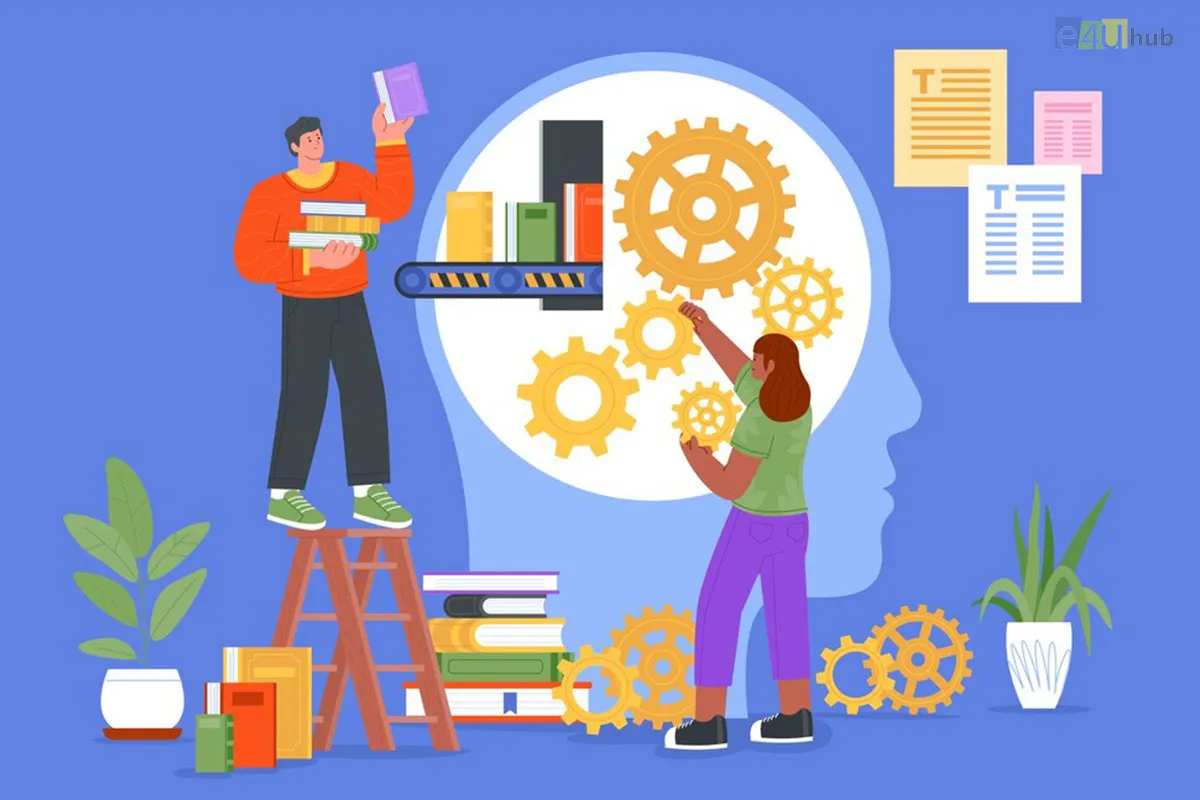
Boosting Workplace Productivity: The Impact Of Comprehensive HR Benefits
- 01 Aug, 2024
- Education
- 523 Views
- 0 Comments
In today's fast-paced business environment, productivity is paramount. Companies are constantly seeking innovative ways to enhance efficiency and drive performance. One often overlooked strategy is the implementation of comprehensive HR benefits. Businesses can create a more motivated, engaged, and productive workforce by investing in employee well-being and satisfaction. Let's explore how comprehensive HR benefits can significantly boost workplace productivity.
1. The Connection Between HR Benefits and Productivity
Comprehensive HR benefits go beyond standard health insurance and retirement plans. They encompass various offerings, including mental health support, flexible work arrangements, professional development opportunities, and wellness programs. These benefits address various aspects of an employee's life, promoting overall well-being and work-life balance.
When employees feel valued and supported, their job satisfaction increases. This, in turn, leads to higher levels of engagement and commitment to their work. Engaged employees are more likely to go the extra mile, contributing to a more productive and efficient workplace.
2. Key HR Benefits That Drive Productivity
a. Health and Wellness Programs
Investing in health and wellness programs can lead to a healthier workforce, reducing absenteeism and increasing productivity. These programs can include gym memberships, health screenings, mental health resources, and stress management workshops. Physical and mentally well employees are more focused and energized, leading to better performance.
b. Flexible Work Arrangements
Offering flexible work options, such as remote work, flexible hours, or compressed workweeks, can significantly enhance productivity. Flexibility allows employees to manage their work-life balance more effectively, reducing burnout and increasing job satisfaction. When employees have control over their schedules, they are more likely to be productive during their working hours.
c. Professional Development Opportunities
Providing opportunities for professional growth and development can lead to a more skilled and motivated workforce. Offering training programs, workshops, and tuition reimbursement encourages employees to enhance their skills and advance their careers within the company. This not only boosts productivity but also increases employee retention.
d. Comprehensive Health Insurance
High-quality health insurance that covers a wide range of medical needs ensures that employees can access necessary healthcare without financial stress. Healthy employees are less likely to take sick days and are more capable of maintaining high-performance levels.
e. Employee Assistance Programs (EAPs)
EAPs offer confidential counseling and support services for employees dealing with personal or work-related issues. By providing resources for stress management, financial counseling, and mental health support, EAPs help employees address problems that might otherwise impact their productivity.
3. The Business Case for Comprehensive HR Benefits
Investing in comprehensive HR benefits is not just about caring for employees; it also makes good business sense. The return on investment (ROI) from enhanced productivity, reduced turnover, and lower absenteeism can be substantial. According to various studies, companies that prioritize employee well-being often see significant improvements in their bottom line.
Moreover, a strong benefits package can be a powerful tool for attracting top talent. In a competitive job market, candidates are increasingly looking for employers who offer more than just a paycheck. Companies with robust HR benefits are more likely to attract and retain high-caliber employees, further driving productivity and business success.
4. Conclusion
Boosting workplace productivity through comprehensive HR benefits is a win-win strategy. By prioritizing employee well-being and satisfaction, businesses can foster a more engaged, motivated, and productive workforce. Health and wellness programs, flexible work arrangements, professional development opportunities, comprehensive health insurance, and employee assistance programs are all key components of an effective HR benefits package. Investing in these areas not only enhances productivity but also strengthens the overall success and sustainability of the organization.
By understanding and leveraging the impact of comprehensive HR benefits, companies can create a thriving workplace where employees feel valued, supported, and empowered to perform at their best.















Leave a Reply